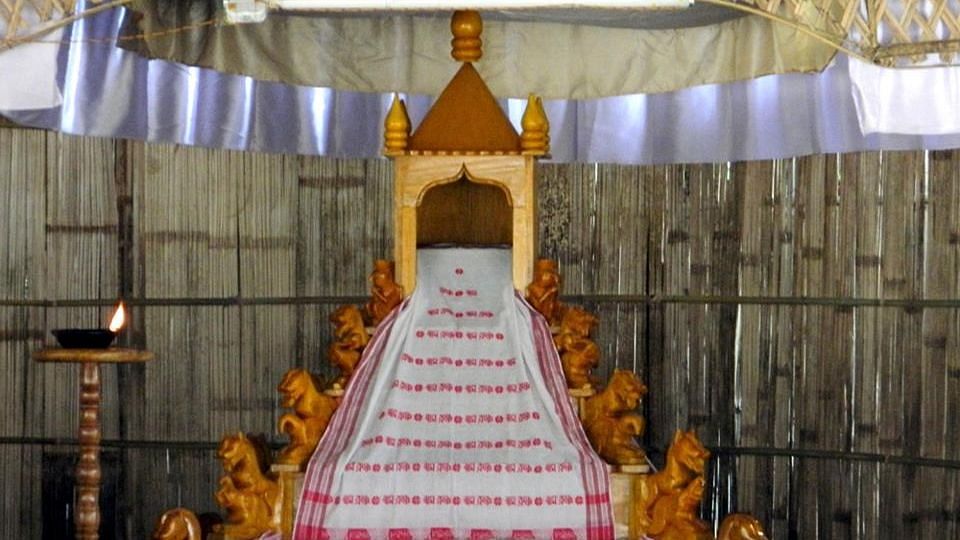Hinduism is probably not even a relgion, I don't think it even makes any sense TBH (not from a relgious pov of morality or it being right or wrong)
but as an ideology or set of beliefs, for a layman like what is it? It makes no sense, I can't pin it down, there's no core that I can look into and atleast try to figure out the whole concept
Even in dharmic relgions I understand Buddhism, Sikhism, to some extent Jainism too (but tbh it's more like Hinduism in some ways, complicated and not easy to understand)
What unites Hindus? What makes a Hindu a Hindu?
“"Hinduism" is largely a fiction, formulated in the 18th and 19th centuries out of a multiplicity of sub-continental religions, and enthusiastically endorsed by Indian modernisers. Unlike Muslims, "Hindus" have tended to borrow more than reject, and it has now been reconfigured as a global rival to the big three monotheisms. In the process, it has abandoned the tradition of toleration which lie in its true origins.” -Pankaj Mishra
"The term Hindu was first imposed on South Asian nations by the
Afghan dynasty of Ghori in the 12th century; this term was never
used in south Asia prior to the Muslim era and is not even found in
early (pre-12th century AD) Brahmanical or Buddhist texts. Such a
term and concept has no historical depth in any social, religious,
ethnic or national sense past the 12th century when Mohammed Ghori
for the first time named his conquered subjects Hindus." [G. Singh,
Sakasthan and India, Toronto, 1999, p. 20]






